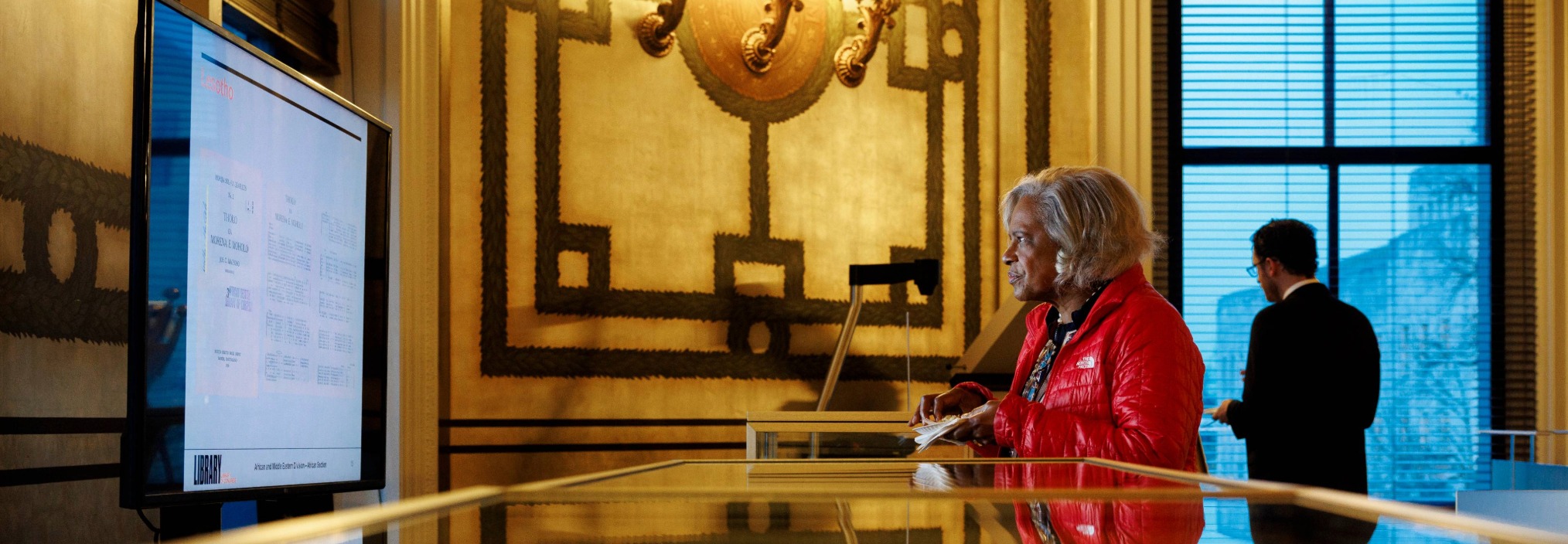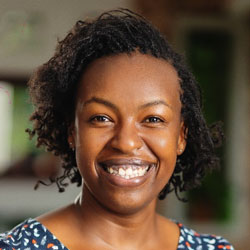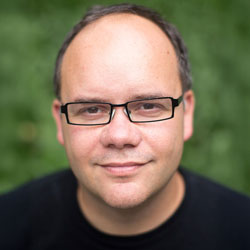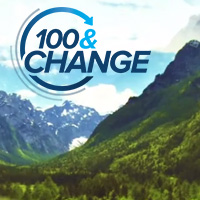Wikimedia Foundation discusses their 100&Change Finalist proposal, Abstract Wikipedia, that would enable knowledge to be shared in any language.
In this moment, over 300 people are editing Wikipedia. They are people from all over the world, across 340 languages and every continent. In Wikipedia’s almost 25 years, more than 22 million volunteers have contributed to it.
Together, we (Veronica and Denny) have collectively been working in and around Wikipedia for three decades. Even now, the scale and reach of Wikipedia astounds us.
If you are an English speaker, you experience Wikipedia as a deep, wide-reaching source of knowledge—over 7 million articles.
But that experience is not equal across the other language Wikipedias. For many people—especially in regions where the next billion internet users are coming online—the Wikipedia they rely on for knowledge looks very different.
Information in Every Language
Consider Swahili Wikipedia, one of Veronica's native languages. Swahili is spoken by over 200 million people across Africa and recognized as an official African Union language. However, Swahili Wikipedia is only a quarter of a percent of the size of English Wikipedia, and only 50 active editors maintain it—increasing the risk that the knowledge is out of date and even biased.
People write and read articles in their own language, but the knowledge itself is captured in a language-independent way.
Abstract Wikipedia helps with these problems by enabling volunteers to collaborate on articles across the language barrier. With Abstract Wikipedia, people write and read articles in their own language, but the knowledge itself is captured in a language-independent way, via a library of math-like “functions.”
Imagine Saida, a history teacher in a public school in Tanzania. She has two passions: her students and the history of her hometown of Arusha. She has started contributing to Wikipedia, writing about local history. But she has to choose how to spend her sparse time: does she write in Swahili to reach her students, or in English and reach more readers, mostly outside of Tanzania?

Students at work in Arusha, Tanzania. Credit: Wikimedia Commons
With Abstract Wikipedia, Saida could add the history of Arusha and the nearby Olduvai Gorge, along with citations for her edits, in a language-independent way. Instead of having to choose whether her contributions should be available for Swahili or English readers, the two languages Saida can write in, she can make that knowledge available to people all around the world in their language.
She does this by adding information to Abstract Wikipedia along with sources. Once she does that, the system will turn her edits into an abstract representation: a discrete collection of facts and narrative, which can be turned into text in any language through user-created functions. She will have the ability to review it in her languages, confirm it, and publish it.
Almas, an Urdu contributor interested in the prehistoric age, will be able to check and improve Saidaʼs contributions, and a Quechua reader will be able to read the final product—just as Saidaʼs students will be—in their own native language.
A World of Knowledge
Abstract Wikipedia makes it possible for everyone, no matter what language they speak, to learn and add to the world’s knowledge.
Abstract Wikipedia is a major innovation in how people can create, edit, and store articles as “abstract content” that is language-neutral, rather than written text that is language-specific. You can read more about how Abstract Wikipedia works and join us in growing it.
Abstract Wikipedia makes it possible for everyone, no matter what language they speak, to learn and add to the world’s knowledge.
In just a few years, with the right support, we could enable more than two billion readers to have access to tens of millions of encyclopedic articles available in their languages.
At a moment where knowledge is more fragmented and less trusted than ever before, Abstract Wikipedia can help create a solution to the anti-knowledge movement. We can give communities around the world a voice to contribute their knowledge, in their language, to build the sum of all human knowledge.






